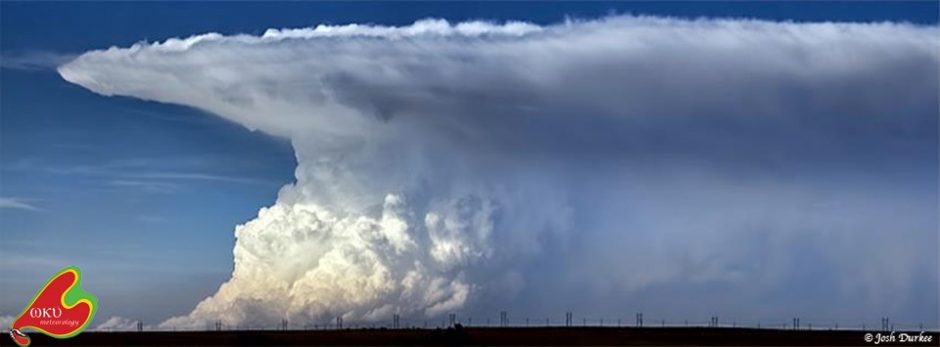During the recent blizzard/tornado event on March 1st, Chicago was in the mid-40s and received over an inch of rain. According to the discussion boards at Easternuswx.com, during the February 28th broadcast of “Abrams & Bettes”, Stephanie Abrams said she “spoke to her elders” in the Chicago area, and that “they could never remember a February where they ever had rain” (in actuality she was referring to the predicted rain for March 1st, but since the show aired February 28th, she forgot the predicted rain would occur in March and not February). She even reportedly asked the on-site reporter from Chicago what his thoughts were on this unusual February rain. (Disclosure: I didn’t see the broadcast, so I can’t verify if this is true). Having lived in Chicago from 1980-1990, I have a good memory of what winter is like and I seem to remember quite a few February rains. But rather than rely solely on my memory (as Ms. Abrams and her elders apparently did), I decided to research the matter for myself.
Using daily observations from O’Hare airport in Chicago (the first order weather station for the city) from 1959-2007 I first calculated how many days in February reported more than 0.01″ of precipitation (447 days over 49 Februarys for an average of 9.1 precipitation days/month). Then I observed how many of those days reported snowfall >0.1″ (293 days for an average of 6.0 snowfall days/month). This infers that 154 days that had precipitation of > 0.01″ did not report any snowfall (3.1 rain days/month). In total, nearly 35% of the time it precipitates in February in Chicago, it rains but does not snow. This is hardly a rare event.
I also looked at each year to see how often a rain-less February has occurred since 1959. It turns out that only 1963, 1964, 1967, 1969, and 1978 have ever had Februarys that did not have at least one day of rain. In other words, 90% of all Februarys since 1959 have had a February rain. Again, this is obviously not a rare event.
Finally, I looked at the difference between rain days and snow days since 1995, which coincides with a time of rising global temperatures that include 9 of the 10 warmest years in recorded history and an increase in Atlantic basin hurricane activity. In this 13-year period, there were 106 precipitation days in February (8.1 precipitation days/month) and only 43 snow days (3.3 snow days/month), which means that since 1995, when it precipitates in February in Chicago, it is much more likely to be rain than snow (60% to 40%) more than half of the time. So why was Ms. Abrams implying to a national audience that this such a rare event?
While it is true that compared to the frigid 1960s, (when rain-only days occurred 17% of the time) it has been equally likely to rain versus snow in Chicago in February since at least the late 1980s. In addition, strong El Nino winters are generally much warmer than average in Chicago and are much more likely to have rain rather than snow (think 1998). So in the historical record, rain in February is definitely not rare, or even all that unusual for that matter.
For a more sinister motive, there are some who say that the Weather Channel has become more political recently in their views towards Global Warming and are subtly trying to influence the viewing public (who generally are not knowledgeable about historical climatology) into thinking that certain weather events are rare (or increasing or getting worse, etc.) when they are really not. This in turn implies that the frequency of many weather events are changing, which implies Global Warming is behind all the “weird weather” we have been having recently. In reality, even the Intergovernmental Panel on Climate Change (IPCC) states that “Recent analyses of changes in severe local weather (tornadoes, thunder days, lightning and hail) in a few selected regions provide no compelling evidence for widespread systematic long-term changes.”
While I am not saying that was necessarily the case the other night with what Ms. Abrams allegedly said about the “rare February rain in Chicago”, (I chalk it up to climatological ignorance), the fact that the perception is out there in the weather/climate community is worth noting. This whole episode reinforces the idea that a good meteorologist must also be a good climatologist to be successful.

